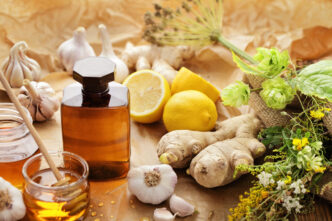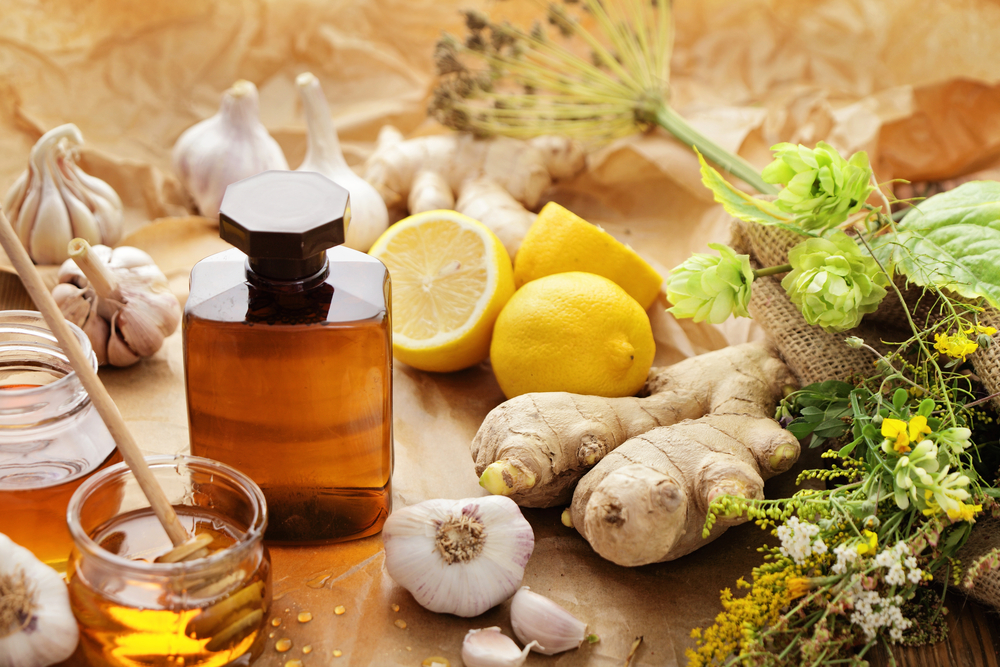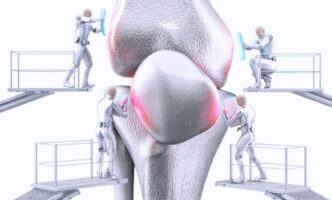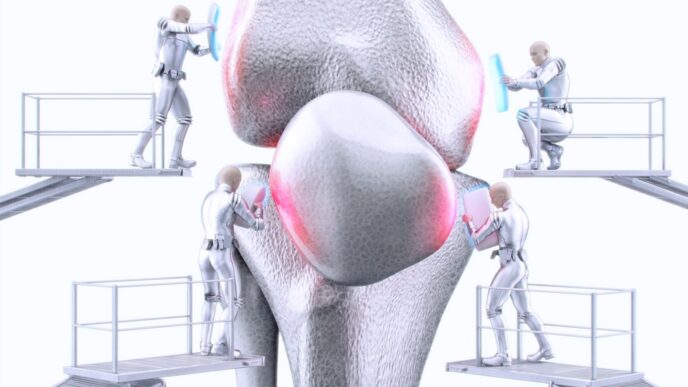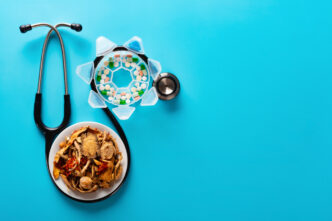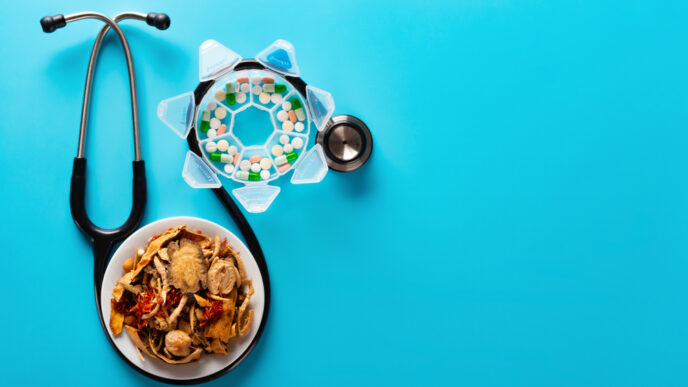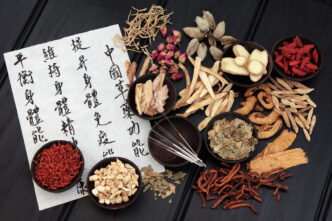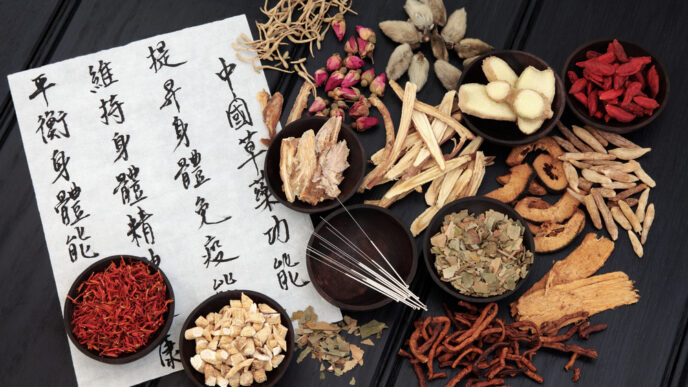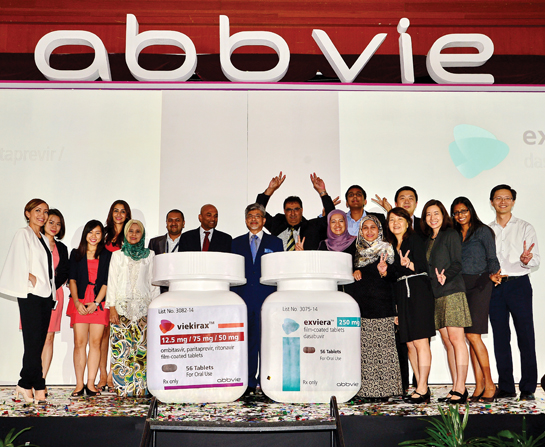Complementary medicine includes practices like yoga, acupuncture, aromatherapy, and herbal remedies. While external therapies are generally safe for the kidneys, problems usually arise from ingested herbs and supplements.
WORDS PANK JIT SIN
 FEATURED EXPERT FEATURED EXPERTDR SURYATI YAKOB Consultant Nephrologist Hospital Selayang |
Speaking at the 15th Annual Dialysis Meeting 2018, Dr Suryati Yakob said that herbal remedies and supplements may cause:
- Acute kidney injury.
- Kidney stones or nephrolithiasis.
- Rhabdomyolysis, a serious condition where damaged muscles release proteins into the blood and harm the kidneys.
- Fanconi syndrome, a rare disorder where the kidneys’ filtering tubes fail to work properly, causing nutrients and waste to be lost in urine.
- Urothelial carcinoma or cancer of the lining of the urinary tract.
- Chronic kidney disease.
These conditions arise from factors related to the herbal ingredients themselves, possibly due to:
- Intrinsic toxicity of the herbs
- Incorrect identification of herbs
- Adulteration or contamination by heavy metals
- Overdosage
- Interactions between these herbs and medications taken by people with existing health conditions
One’s gender and age may also contribute to their risk of kidney injury from herbal ingestion.
| Perhaps the most infamous herbal ingredient is aristolochic acid, commonly found in birthworts (Aristolochiaceae). This herb can causes kidney disease (nephropathy) and is linked to cancers of the urinary tract, liver and others. |
A CASE OF MISTAKEN IDENTITY
One of the problems involved in herbal remedies is in the acquisition and composition of its ingredients.
While pharmaceuticals are heavily regulated, and the entire processing chain is documented and mostly automated, the same may not be true for herbal remedies and supplements.
Herbal remedies are commonly traded by their generic names and not scientific names. This opens up the possibility of accidental substitution, especially when raw ingredients are hard to come by or are expensive.
- An infamous example of this occurred in the 1990s, when Belgians taking a herbal preparation for weight loss began showing symptoms of kidney failure. Instead of containing the plant Stephania tetrandra, the herbal pills contained derivatives of Aristolochia fangchi which was responsible for the kidney damage.
- In another case, Caulis aristolochiae manshuriensis (guan mu tong) was inadvertently used in place of Lardizabalaceae (mu tong) in a traditional Chinese medicine formula, leading to kidney poisoning.
Dr Suryati acknowledged that complementary and alternative herbal supplements and tonics are used widely all over the world and by people from all walks of life.
However, she noted that many of the ingredients used do not have an established safety profile.
Hence, she called for stricter laws in monitoring the production and use of herbal medication and supplements.
| This article is part of our series on traditional and complementary medicine. |

